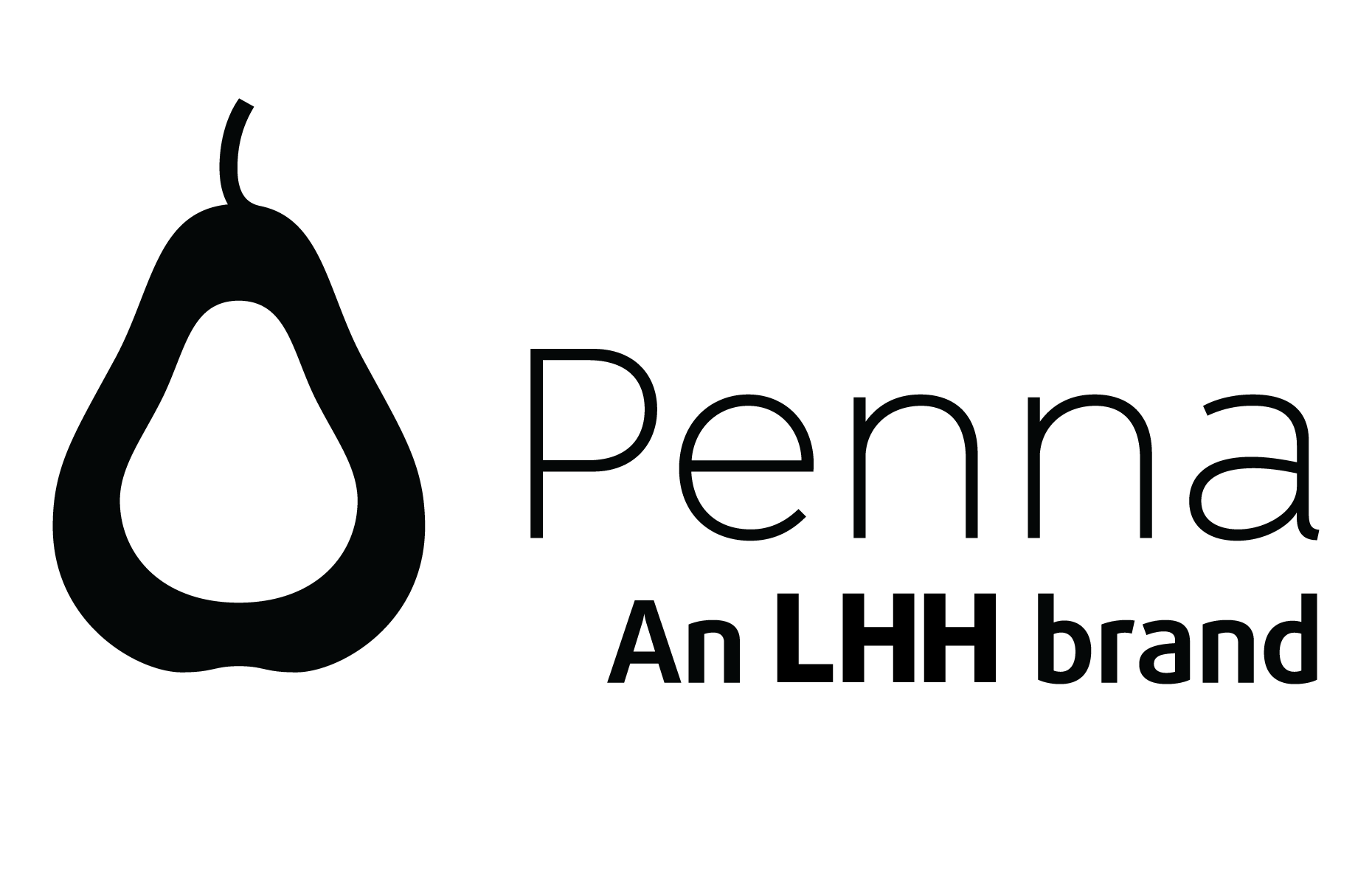We often encounter the image of disability through a predetermined lens. Shaped by historical stereotypes and perpetuated by mainstream media, we regularly need to pause for a moment and question these portrayals. Are they accurate reflections of reality? Do they do anything to contribute to the acceptance and understanding that is so desperately needed? The answer, unfortunately, is a resounding no.
In honour of UK Disability History Month, Penna’s Head of Equality, Diversity and Inclusion Alexis Curtis-Harris looks at the ways we can actively challenge stereotypes, allowing room for true representation that can usher in much-needed societal change.
We all hold a unique responsibility to reshape this narrative. Our commitment goes beyond avoiding exclusion—it's a call to transformation.
So, why does it matter how individuals with disabilities are portrayed in various media and marketing materials? Because, for far too long, they've either been hidden, or pressured to conceal their disabilities. In a society where dominant narratives often steal the spotlight, representing the underrepresented becomes a powerful force for progression and acceptance. It validates, letting people know they're not alone, fostering understanding and cultural competence. For those who are marginalised, representation plays a crucial role in shaping identity and countering negative perceptions. When we consistently rely on narrow and inaccurate depictions, we overlook the rich diversity of experiences within the disabled community.
Navigating the landscape of stereotypes, individuals with disabilities often find themselves caught in damaging portrayals that demand scrutiny. One prevalent stereotype is the portrayal of people with disabilities as ‘victims’, ‘sufferers’, or ‘objects of pity’ solely because they have a disability. Such depictions can be demeaning and offensive, inaccurately suggesting that disability is universally devastating and undermining the self-confidence, self-worth, and life experiences of those with disabilities.
Another damaging portrayal comes in the form of “inspiration porn”, as it has recently been coined. In the media, people with disabilities are often depicted as inspirational for merely living with their disability. While the surface appeal of inspiration is uplifting, it's crucial to recognise that individuals with disabilities lead lives like anyone else—pursuing goals and facing challenges. Stella Young, in her 2014 Ted Talk ‘I’m not your inspiration, thank you very much’, shed light on the problematic trope that objectifies people with disabilities as a source of inspiration for simply going about their daily lives.
Next, we often see the portrayal of individuals with disabilities as either superheroes or villains in the media, and this introduces another harmful stereotype. This dichotomy reinforces the problematic idea that only those achieving extraordinary feats matter, overlooking the true essence of heroism or villainy and disregarding the diverse experiences of the disabled community.
Lastly, addressing the "normalisation" trend, despite its intended inclusivity, reveals its inherent limitations. Presenting individuals with disabilities as "normal*" or “ordinary” may unintentionally divert attention from the pressing need for broader societal change. It is vital to embrace and celebrate disability as an integral aspect of the human experience for genuine inclusivity. While normalisation can offer certain benefits, it also carries drawbacks, potentially obscuring the urgency for societal restructuring. This approach may inadvertently reinforce a narrative that suggests little need for policies aimed at dismantling an ableist default society. Further to this, the trend's focus on ability rather than disability might be seen as a rejection rather than an acknowledgement of disability as an identity, bringing forth negative consequences.
These examples, among countless others (because yes, there are many more) epitomise the limiting and lazy narratives that continue to exist in our industry, mainstream media, and wider society. Whether explicitly or implicitly, they are present, and it’s about time we started moving past them.
So, what can each of us actively do to bring about change and rewrite the narrative, encouraging more inclusive portrayals?
Well to start with, advocacy for reflecting the diverse experiences within the disabled community is crucial. We must encourage the creation and promotion of stories that go beyond stereotypes, showcasing the real everyday lives, achievements, and challenges of individuals with disabilities. Authentic representation often stems from supporting the voices of those with disabilities, who can bring their lived experiences to the forefront.
It’s also critical that we actively challenge stereotypes. Whenever encountered, question and challenge them, engaging in conversations that promote understanding and debunk misconceptions about disability. By being vocal about these issues, we can all contribute to changing societal perspectives.
Additionally, education plays a vital role in driving change. Spread awareness about the impact of harmful stereotypes and the need for more authentic representation. Educate friends, family, colleagues, and clients on the diversity of abilities, breaking down misconceptions and fostering a more inclusive mindset.
I do need to say, however, that the journey to a more inclusive society extends beyond dismantling stereotypes; it encompasses challenging systemic barriers, promoting diverse narratives, and nurturing an inclusive culture. The aim here is for each individual to become a catalyst for change, recognising that collective efforts are essential. While it's natural to question our individual impact, the transformative journey starts with every single one of us, contributing to reshaping perspectives and building a society that values diversity in all its dimensions.
Breaking free from society's narrow standards requires acknowledging the richness of human experience, recognising the inherent value in every individual, regardless of ability. As we observe Disability History Month, let's collectively commit to acknowledging authentic stories, amplifying diverse voices, and paving the way for a future where disability representation authentically mirrors the intricate diversity of human life. Together, we can progress towards a more understanding, appreciative, and inclusive world.
*Although the term 'normal' can be limiting and carry negative connotations in discussions about disability, I've chosen to adopt this language within the context of the established 'normalisation' trend for the sake of consistency in this article and the wider discussion.
Alexis Curtis Harris is Head of Equality, Diversity & Inclusion (EDI) – Attractions & Communications at Penna. Whether you’re just starting your EDI journey, or you’ve got a strategy in place, contact Alexis and the team to discover how we can help you find, and keep, the very best people from all walks of life. Contact the team at EDI@penna.com for more information.




